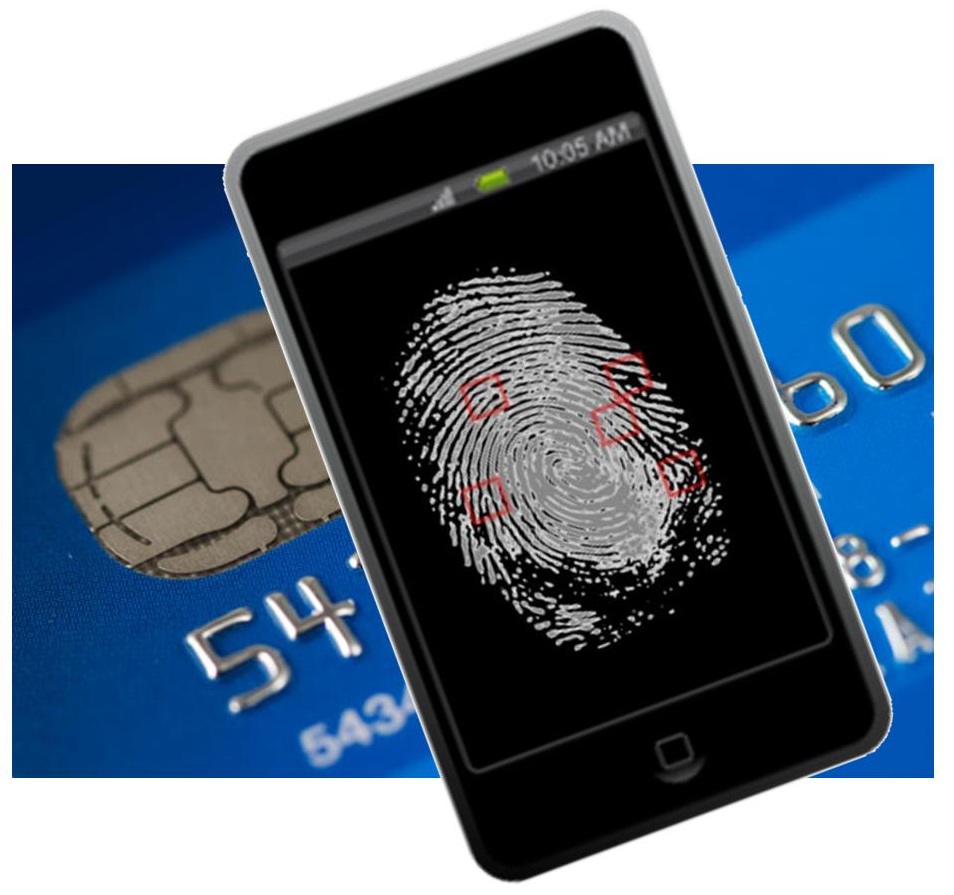 Security becoming a more serious concern as mobile payments grow in popularity
Security becoming a more serious concern as mobile payments grow in popularity
Mobile payments are becoming increasingly popular, a trend that is attracting more attention to the issue of mobile security. Because mobile devices like smartphones and tablets are being used to traffic financial information, they are becoming more alluring targets for malicious groups that would like to exploit this valuable information. Security concerns have put a damper on the growth of mobile payments, but there may be ways to secure financial information without having to rely on the inherent security software of a mobile device or mobile commerce application. Biometrics may be the answer.
PayTango aims to change the way people pay
PayTango, a relatively new technology startup backed by Y Combinator and several investors based in Silicon Valley, California, has come up with a new way to make mobile payments more secure. The company has begun teaming with local universities in order to offer a new, convenient way for students to pay for goods and services without having to rely on credits cards or other forms of physical currency. The technology developed by PayTango quite literally puts purchasing power at the fingertips of consumers.
Biometric system puts a new twist on commerce
PayTango has developed a biometric system that can scan a person’s fingerprints in order to activate a payment. The system can associate a person’s various credit cards, loyalty cards, and even ID with their fingerprints through a simple scanning process. Once these payments methods have been associated with a person’s fingerprints, they can simply tap a biometric scanner in order to purchase products or services.
PayTango system receives international attention
The system is still in an early stage of development and is not yet ready for business applications. PayTango notes that it has received international interest for its system, especially from companies and organizations that have a strong interest in mobile payments. It will take some time before the biometric system can be scaled up for business applications, but PayTango has high hopes for its use in the field of mobile commerce.

 Security of mobile payments questioned by FTC
Security of mobile payments questioned by FTC